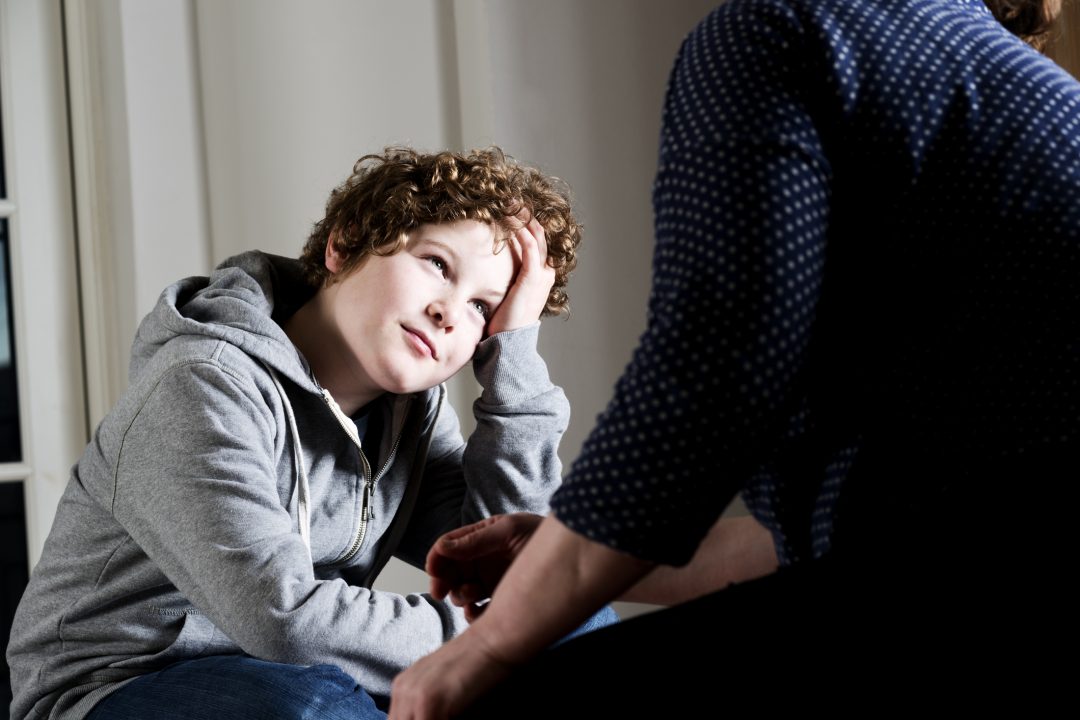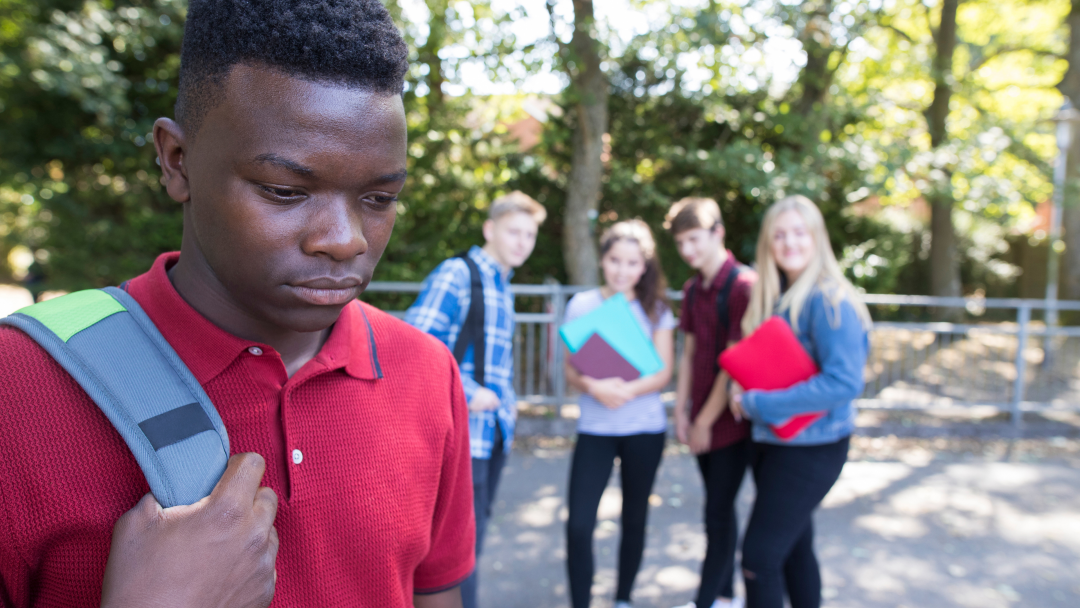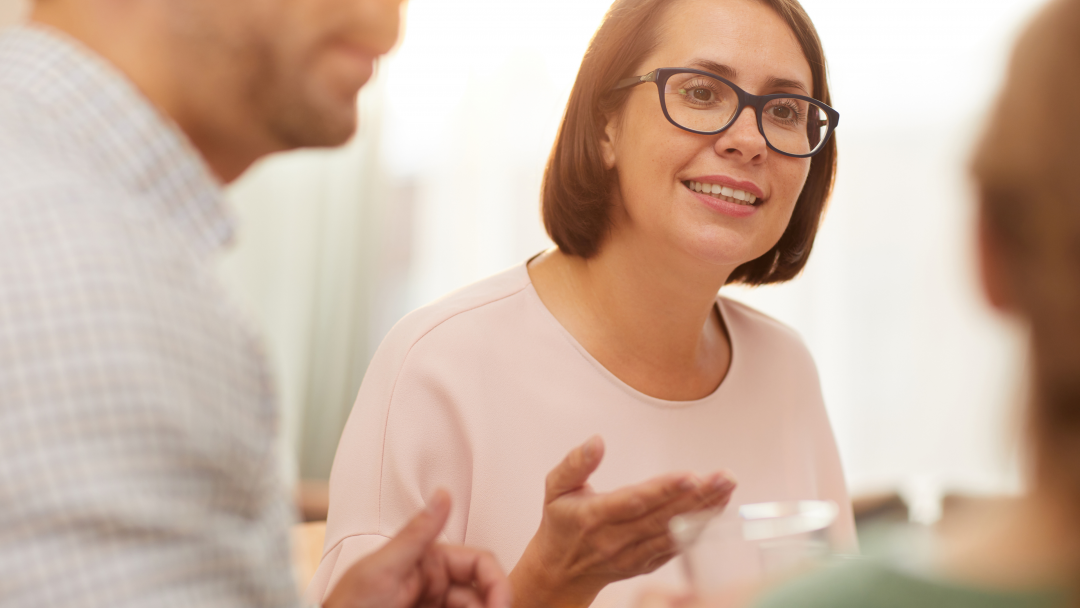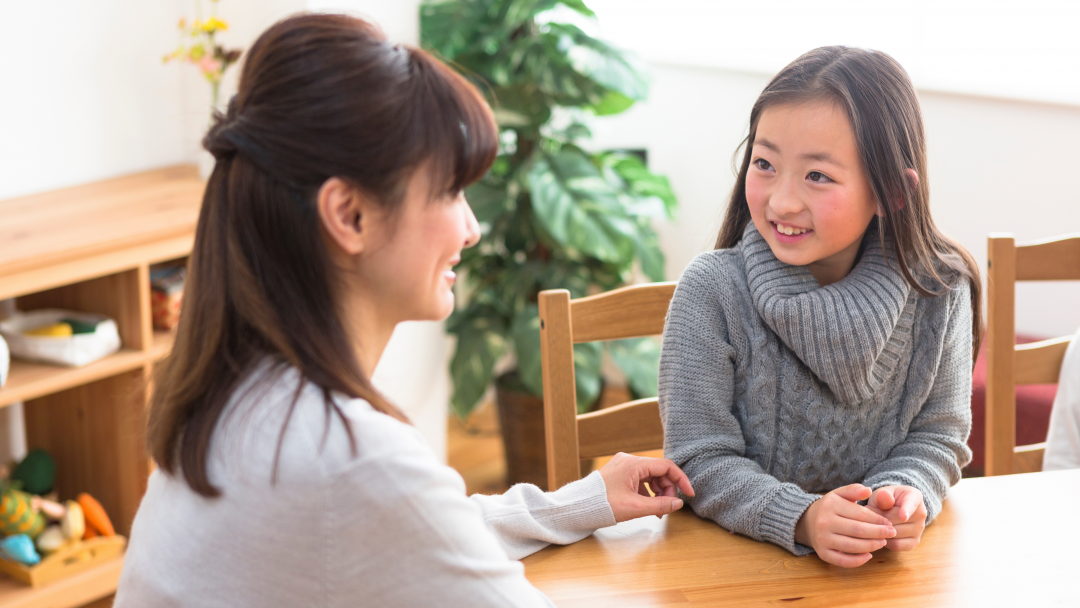Talking to Kids About Racism: Why Black Lives Matter
Categories: General Parenting
2020 has certainly given kids a lot to process, hasn’t it? From bushfires, to pandemics, to the tragedies precipitating the Black Lives Matter movement – it’s fair to say there’s been more storms than calm, this year. It’s hard to know the full extent of the impact this has had on our kids, and it might not be clear for a while. What we do know is that for many kids, this year has been scary.
As parents, we might start off thinking we can control the nature of the information our kids take in. Oh, how naive we were! We might shelter them from the nightly news bulletin or the headlines in the morning paper, and change the station when the radio news comes on. That was probably enough, in the nineties (anyone feeling old?) but now, information is everywhere. This generation of kids are digital citizens, whether we like it or not, and so are their friends. This means that usually, they know more about topics like Black Lives Matter than we think they do.
The Black Lives Matter movement also captured the attention of the world and filtered down to our children in a way that not all news does. Although it began in response to events in the US, it quickly caught on in other countries like Australia, where race relations with our Indigenous people have long been a point of contention. So, if we know our kids are hearing about this stuff, how can we make sure they’re hearing truth and factual information?
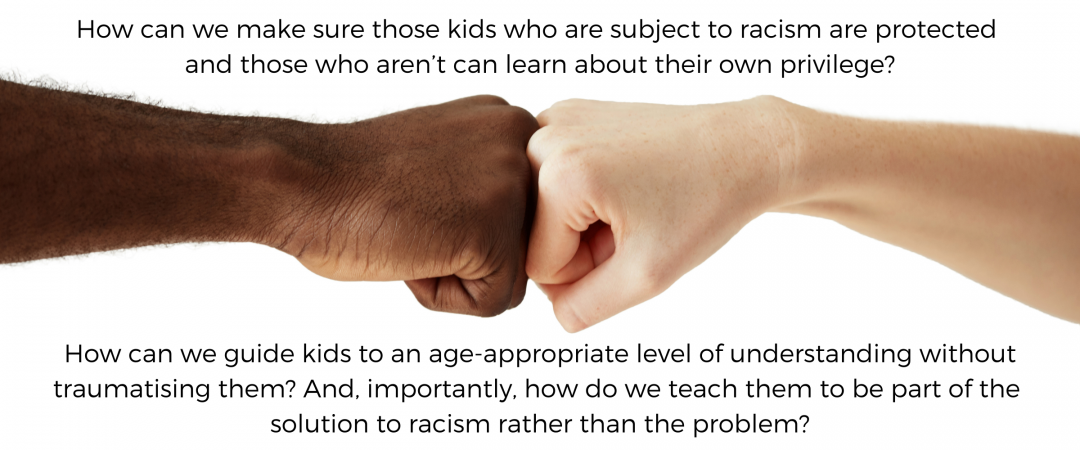
Jason Gibson, ParentTV expert and Behaviour Specialist is basically our US ambassador and go-to for measured and mighty smart advice on kids and how they operate. Earlier this year, we reached out to Jason and asked him to talk about the Black Lives Matter movement as it unfolded around him. Jason got in touch with a fellow counsellor, Dr Christopher Townsend, to film this series: Help explaining George Floyd’s death and why it matters to your kids. When you’ve got time, the whole series is worth a watch. It’s a nuanced conversation that offers insights as well as practical advice for how parents can actually tackle the issue of racism with their kids. Here are some of the key suggestions raised in the series:
Start the conversation
‘As white parents with white children, a lot of us are just avoiding the issue of racism altogether,’ says Jason Gibson. ‘We don’t know how to broach the conversation. And, because it’s uncomfortable stuff, we just don’t talk about it, even though we know that’s not okay either.’ When we find ourselves faced with an issue that we’re uncomfortable with or one that we’re challenged by, it’s too easy to skirt around the topic, but we owe it to our kids to have this conversation, says Dr Townsend. As a Black parent, the conversation with his own children about Black Lives Matter and the death of George Floyd became about their value as human beings, he says. ‘When I spoke to my children, they were angry and hurt. My children said, “I saw the life of a man being taken and he looked like me, and I’m afraid.”’ There was more that his children didn’t say but that he understood, Dr Townsend says.
What they were actually asking was “Are we valuable enough for someone to love us and not harm us?” I had to remind them how beautiful they are. I had to remind them of their worth and their history, and how we have survived the worst of things since the beginning of slavery, through civil rights, Jim Crow, inequity and police brutality. We have survived and we are powerful and strong people.
Dr Christopher Townsend
Do our own work as parents
‘There’s a reason parents are told to put their own oxygen masks on first,’ says Dr Townsend ‘If we don’t do that, and don’t examine ourselves, we won’t be able to help our children.’ Jason Gibson agrees, saying that ‘we have to do our own work before we can lead for our children. That way, we carve a path for them to follow.’ Doing our work might mean facing up to some uncomfortable realities about ourselves and our privilege, Jason points out, so we can make our children aware of their privilege, too.
My kids would say they don’t see colour and that’s true, but it means they don’t see their own colour, either, so they don’t see the advantages they have in being in a white family and the things they don’t face because they’re in a white family.
Jason Gibson
As part of this, it’s essential to acknowledge the past, Dr Townsend says. ‘In order to do something now, white people need to first acknowledge what has happened. You have to ask the question, how have I perpetuated this with myself and my conversations and my relationships and my children?’ It’s not about blame, Jason says, but about responsibility, and it’s from this place that meaningful change can occur.
Role model our values
We model for our children how to respond to life, Dr Townsend says, and they’re going to carry the values we give them into the next generation. Accordingly, how we teach our kids now will determine how the future of racism plays out. That’s a big responsibility, and a big opportunity, Dr Townsend suggests.
We need to look at our own places in this. A person may not have been a part of the history that has been, but they can be part of the history that’s being made now.
Dr Christopher Townsend
Children need to see us walking the walk as well as talking the talk in our responses to racism, Dr Townsend says. ‘I’ve made sure I’ve shown my children what I’m doing about this. I met with a senator and a police marshall to talk to them about police brutality. I use my own privilege to do things, and when I don’t know what to do, I ask people how I can be helpful to them.’ Jason Gibson agrees, saying that these conversations give us the chance to stop kids from filling in the gaps in their understanding with misinformation or incorrect beliefs. ‘The fear of the unknown is greater than the known. If we pretend to our children that something isn’t happening, that leaves it up to them to come up with understanding, solutions and responses on their own. That’s the worst thing we can do for them.’
Teach them to respect difference and diversity
‘Until we come into relationships with the intention of understanding someone else’s life and perspective, then we’re going to have disconnection,’ Dr Townsend says.
We need to teach our children to not just tolerate, but to be willing to try and gain an understanding of someone else. This means that people feel more respected. We show each other that we value each other too much to just be offensive.
Dr Christopher Townsend
This understanding begins with exposure to a diverse range of people, of different races, ethnicities, religions, lifestyles and beliefs, Dr Townsend says, and a deliberate effort to cultivate relationships within these groups. ‘When we surround ourselves with these people, when we make playdates for our children with diverse people, they get the opportunity to see the commonality between all people and bridges begin to be built. We find ourselves with an expanded community, where we are better for the people we have in our lives who look different to us.’
Ultimately, we just need to begin, Jason says. ‘As parents, we don’t have to be perfect. We don’t have to have all the right answers. We just have to be open and willing to take a risk, and move our children past the conversation around what is happening and onto why it’s happening. We just need to keep talking. Then we can be who our children need us to be as they navigate this time.’

